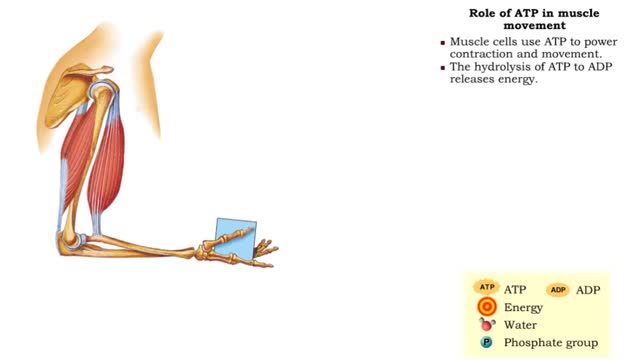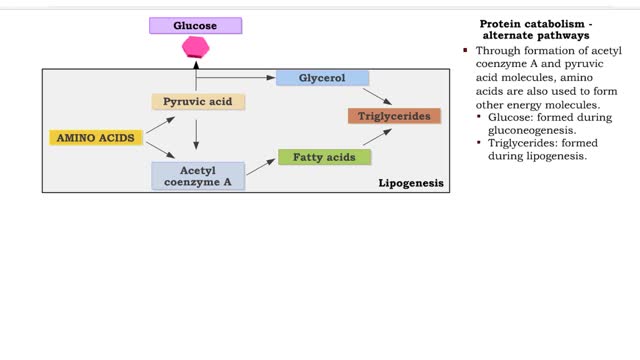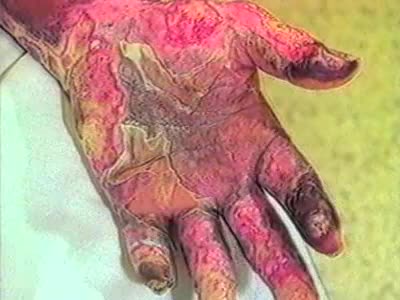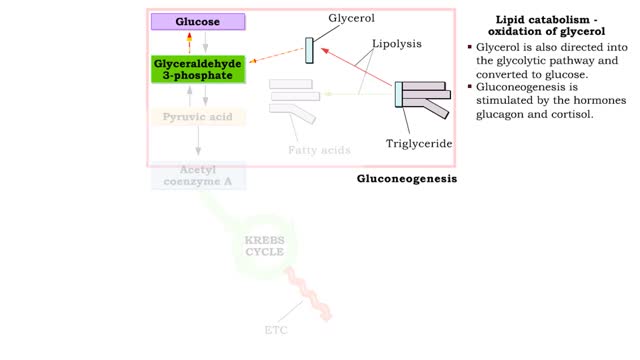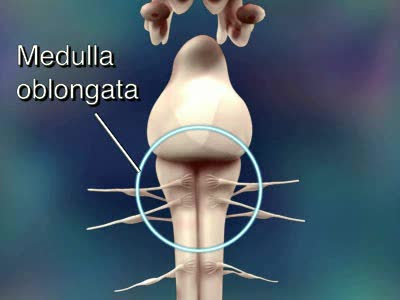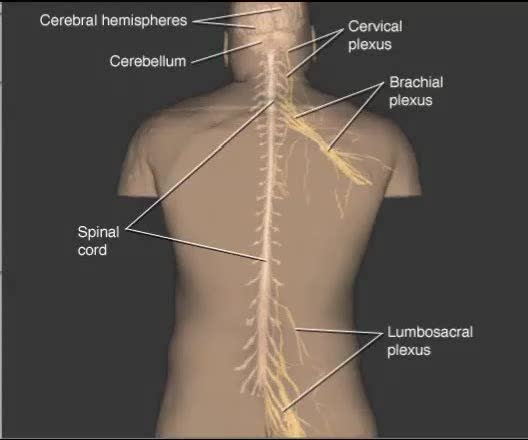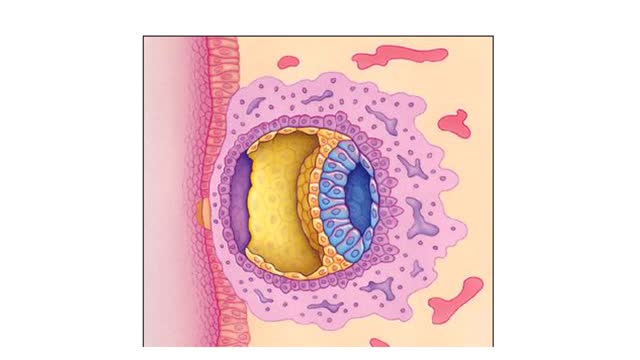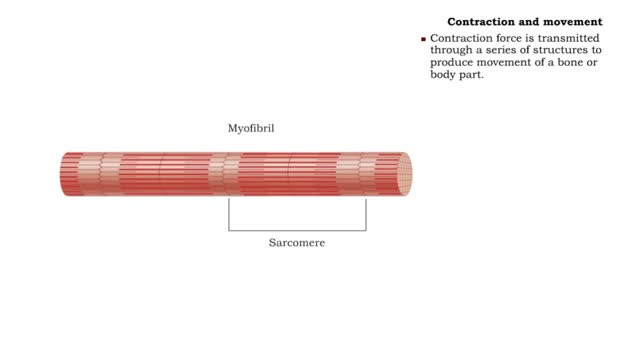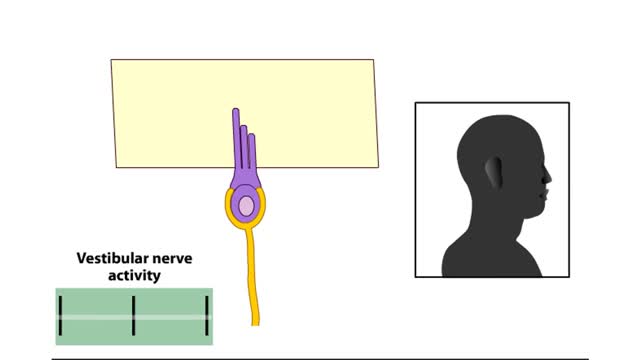Search Results
Results for: 'lysed cells'
Role of ATP in muscle movement
By: HWC, Views: 11738
• Muscle cells use ATP to power contraction and movement. • The hydrolysis of ATP to ADP releases • ATP can be regenerated by adding to ADP. • During muscular contraction, ATP molecules: • Energize the myosin head • Detach myosin from actin • ATP must be then regenerat...
Protein catabolism (Krebs cycle) and Protein anabolism (protein synthesis)
By: HWC, Views: 12324
• Deaminated acids are brought into the Krebs cycle to be oxidized to CO2 and H2O. • Before entering the Krebs cycle, the deaminated acids are converted into intermediate products (pyruvic acid, acetyl coenzyme A, carbonic acids). • In the Krebs cycle, amino acids are oxidized to form r...
By: Administrator, Views: 14390
Burns are one of the most common household injuries, especially among children. The term "burn" means more than the burning sensation associated with this injury. Burns are characterized by severe skin damage that causes the affected skin cells to die. Most people can recover from burns withou...
Lipid catabolism ( ketogenesis and oxidation of glycerol) and Lipid anabolism (lipogenesis)
By: HWC, Views: 12070
• During excessive beta oxidation, the two-carbon fatty acid fragments are converted into acidic ketone bodies. • Ketosis, the overproduction of ketone bodies, can lead to acidosis (ketoacidosis) of the blood. • After lipolysis, glycerol is converted to pyruvic acid. • Pyruvic aci...
Central Nervous System Animation
By: Administrator, Views: 14886
Consists of the brain and spinal cord. CNS receives impulses from throughout the body processes the information responds with an appropriate action Brain and spinal cord can be divided into: gray matter (unsheathed cell bodies and true dendrites) white matter (myelinated nerve fibers) ...
Components of the Nervous System
By: Administrator, Views: 560
The nervous system is the part of an animal that coordinates its actions by transmitting signals to and from different parts of its body. The nervous system detects environmental changes that impact the body, then works in tandem with the endocrine system to respond to such events. Nervous tissue...
Cleavage and Implantation Animation
By: HWC, Views: 9289
✔ https://HomeworkClinic.com ✔ https://Videos.HomeworkClinic.com ✔ Ask questions here: https://HomeworkClinic.com/Ask Follow us: ▶ Facebook: https://www.facebook.com/HomeworkClinic ▶ Review Us: https://trustpilot.com/review/homeworkclinic.com Fertilization typically takes pl...
Contraction cycle of a sarcomere
By: HWC, Views: 12204
• A single nervous signal releases Ca2+ ions into the sarcoplasm and initiates the contraction cycle. step 1. ATP hydrolysis • ATP provides the to move myosin molecules back into the energized configuration necessary to perform the power stroke. Step 2. Crossbridge attachment • Myosin...
By: HWC, Views: 10720
The vestibular system has important sensory and motor functions, contributing to the perception of self-motion, head position, and spatial orientation relative to gravity. The function of the vestibular system can be simplified by remembering some basic terminology of classical mechanics. All ...
Advertisement



